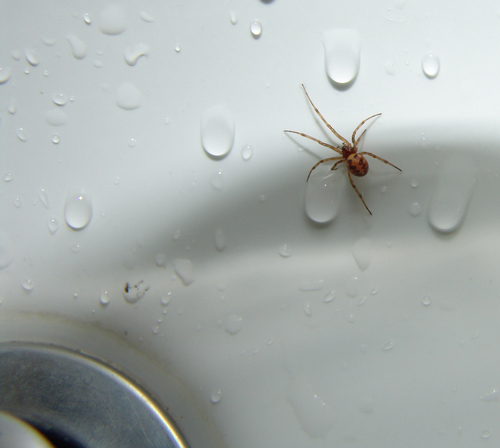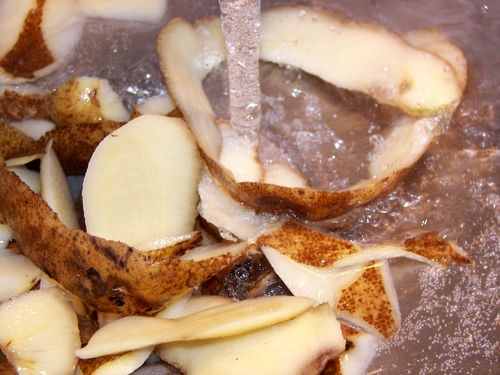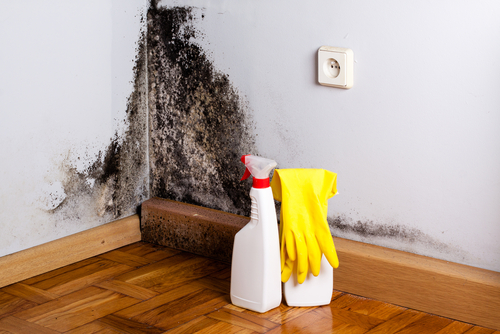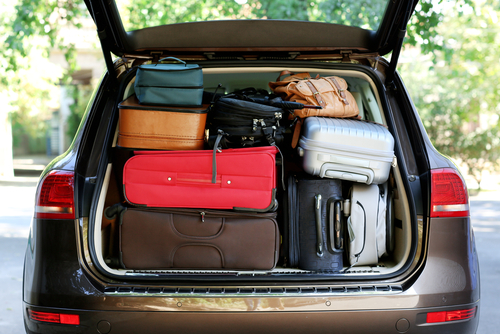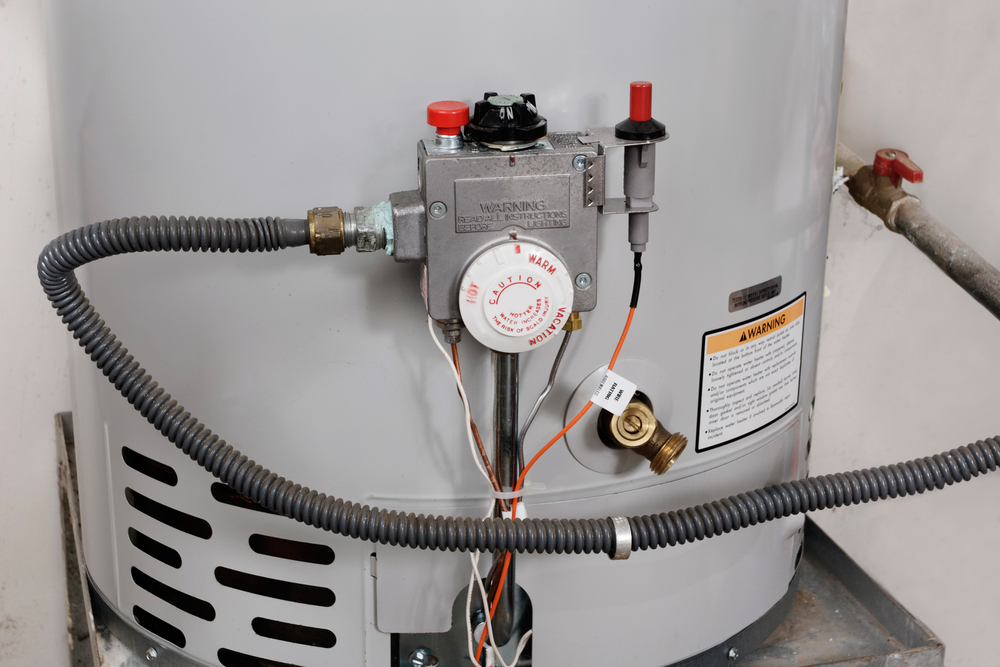 Have you ever took a peek inside your hot water heater? If so, you may have noticed a metal rod wondering why it’s there in the first place. It obviously serves a purpose, but it’s unclear to many what that purpose is.
Have you ever took a peek inside your hot water heater? If so, you may have noticed a metal rod wondering why it’s there in the first place. It obviously serves a purpose, but it’s unclear to many what that purpose is.
Surprisingly, that little metal rod is there for an important reason. As you can see, it actually prevents your water heater from rusting. Additionally, its usefulness stems directly from its simplistic design.
What is an Anode Rod and Why Do I Need One?
We call that item an anode rod. As you can see, this small device has a steel wire center. Metals like zinc or aluminum are surrounding the anode rod’s center. Additionally, we install the anode rod carefully through an opening in your heater. As you can see, we make a connection between your tank’s inner walls and the rod itself.
When metal erodes, there is a natural process of oxidation that results in the deterioration of the metal. This metal loss occurs when electrolytes carry away electrons from the metal, which can cause serious rust issues. Although you can’t avoid this process completely, the anode rode minimizes the damage. This is because the erosion process is focused on the more active metals of the anode rod instead of the less active metal making up the water heater.
Although the anode rod does a great job of protecting your heater, eventually it will rust away completely, putting your hot water heater at risk. This is why it’s important to maintain your water heater and have it inspected at least once a year to determine whether your anode rod is ready to be replaced.
There are a variety of anode rods currently in use, which include:
- Magnesium anode rods
- Aluminum anode rods
- Zinc anode rods
Of the three options, magnesium rods are the most common but are extremely susceptible to hard water which causes faster deterioration. Both aluminum and zinc anode rods are typically more resistant to hard water, however, there are some health risks associated with each, and it is recommended that you avoid drinking hot water from your faucet which has been heated by your hot water heater.
If you have questions about maintaining your anode rod or would like to find out more about the type of anode rod used in your hot water heater, feel free to contact Action Plumbing to talk with one of our specialists.
